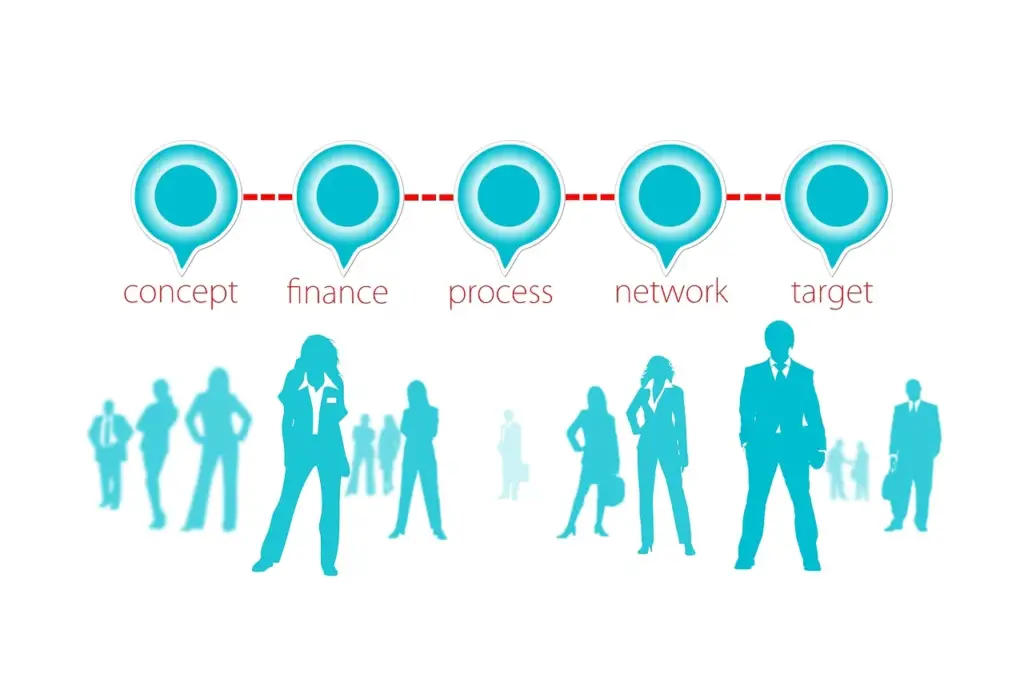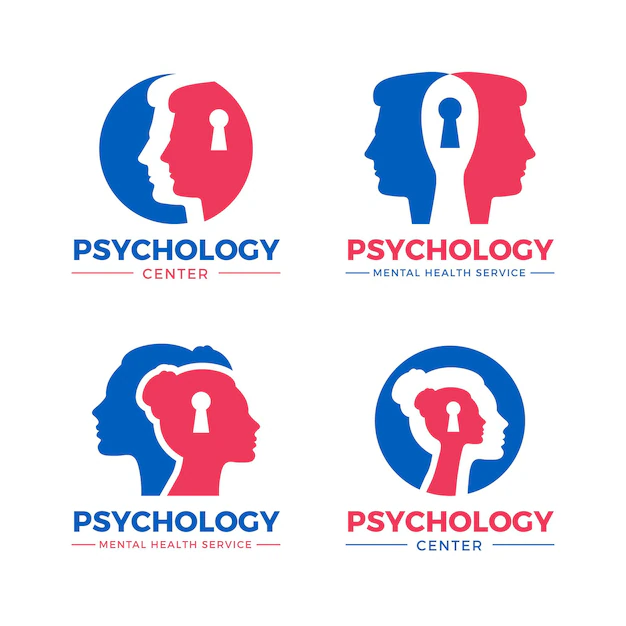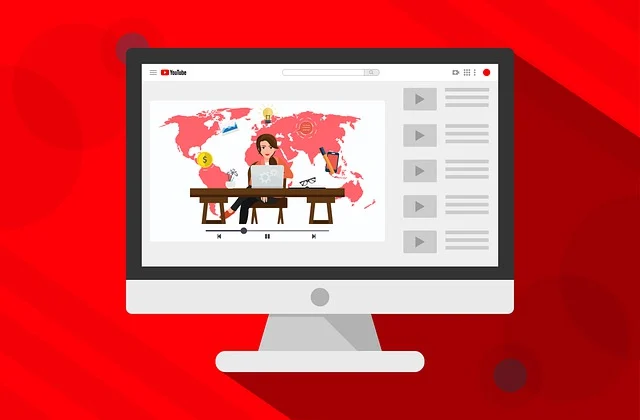Developing a Feasibility Plan for a Travel Agency Business: A Comprehensive 8 Guide and More

Starting a travel agency involves more than just a passion for travel; it requires careful planning and assessment to ensure a solid foundation for success. A feasibility plan serves as a strategic tool to evaluate the viability of your business idea, assess market opportunities, and identify potential challenges before launching your travel agency. This article provides a step-by-step guide on how to create a feasibility plan tailored for a travel agency business, along with a detailed example.

Page Contents
- 1 Developing a Feasibility Plan for a Travel Agency Business: A Comprehensive 8 Guide and More
- 1.0.1 1. Define Your Travel Agency Concept and Objectives
- 1.0.2 2. Conduct Market Research
- 1.0.3 3. Evaluate Technical Feasibility
- 1.0.4 4. Analyze Financial Feasibility
- 1.0.5 5. Assess Resource Feasibility
- 1.0.6 6. Develop Operational and Marketing Plans
- 1.0.7 7. Create a Risk Management Plan
- 1.0.8 8. Prepare a Feasibility Study Report
- 2 Example: Feasibility Study for a Travel Agency Business
- 3 Conclusion
Developing a Feasibility Plan for a Travel Agency Business: A Comprehensive 8 Guide and More
1. Define Your Travel Agency Concept and Objectives
Before diving into the details, clearly define the scope and objectives of your travel agency business:
- Services Offered: Decide on the types of travel services you will offer, such as leisure travel, corporate travel, destination weddings, adventure tours, or niche markets like eco-tourism or luxury travel.
- Target Market: Identify your target clientele, such as families, millennials, business professionals, or retirees, and their specific travel preferences and needs.
- Unique Selling Proposition (USP): Determine what sets your travel agency apart from competitors, whether it’s personalized service, exclusive travel packages, expert destination knowledge, or innovative technology solutions.
2. Conduct Market Research
Thorough market research is crucial to understand the demand for travel services in your target market and evaluate the competitive landscape:
- Market Size and Growth: Analyze the size of the travel and tourism industry locally and globally, including trends and projected growth rates.
- Target Customer Analysis: Identify potential clients and their preferences for travel destinations, types of travel experiences, budget ranges, and booking preferences (online vs. offline).
- Competitive Analysis: Research existing travel agencies, online travel platforms, and tour operators to assess their service offerings, pricing strategies, customer reviews, and market positioning.
3. Evaluate Technical Feasibility
Assess the technical requirements and infrastructure needed to operate your travel agency efficiently:
- Technology: Consider the need for a user-friendly website or mobile app for bookings, online payment systems, customer relationship management (CRM) software, and integration with global distribution systems (GDS) for flight and hotel bookings.
- Legal Considerations: Understand licensing requirements, permits, and regulations governing travel agencies in your jurisdiction, including consumer protection laws and liability insurance.
4. Analyze Financial Feasibility
Develop a detailed financial plan to estimate startup costs, operating expenses, and revenue projections:
- Startup Costs: Calculate expenses for office space (if applicable), website development, initial marketing campaigns, software subscriptions, professional fees, and initial working capital.
- Operating Expenses: Project monthly expenses such as rent, utilities, payroll, marketing, travel insurance, and ongoing technology maintenance.
- Revenue Projections: Forecast income streams based on commission earnings from travel bookings, service fees for trip planning, package tours, and potential revenue from additional services like travel insurance or visa processing.
5. Assess Resource Feasibility
Evaluate the availability and allocation of resources necessary to support your travel agency operations:
- Human Resources: Determine staffing needs for travel consultants, customer service representatives, marketing specialists, and administrative support.
- Supplier Relationships: Establish partnerships with airlines, hotels, tour operators, and other travel service providers to offer competitive pricing, exclusive deals, and personalized travel packages.
- Physical Resources: Secure office space, if required, with amenities suitable for client meetings and operational needs.
6. Develop Operational and Marketing Plans
Outline operational workflows, quality control measures, and marketing strategies to attract and retain clients:
- Operational Workflow: Define processes for itinerary planning, booking management, customer service standards, travel document handling, and crisis management protocols.
- Quality Control: Establish standards for service delivery, client communication, and feedback management to ensure customer satisfaction and loyalty.
- Marketing Strategy: Develop a comprehensive marketing plan to promote your travel agency through digital marketing campaigns, social media presence, content marketing, partnerships with influencers or travel bloggers, and participation in travel fairs or events.
7. Create a Risk Management Plan
Identify potential risks and develop strategies to mitigate them to ensure continuity of operations and client satisfaction:
- Risk Identification: Evaluate risks such as economic downturns impacting travel demand, natural disasters affecting travel destinations, political instability, cybersecurity threats, and regulatory changes.
- Risk Mitigation Strategies: Develop contingency plans, insurance coverage for business interruption, traveler’s insurance options, and crisis communication protocols.
8. Prepare a Feasibility Study Report
Compile all findings, analyses, and plans into a comprehensive feasibility study report:
- Executive Summary: Summarize the key findings, objectives, and recommendations of the feasibility study.
- Detailed Analysis: Provide detailed sections covering market research, technical and financial feasibility, legal compliance, resource assessment, operational plans, marketing strategies, and risk management.
- Financial Projections: Present financial statements, including income projections, cash flow forecasts, balance sheets, and break-even analysis for the initial startup phase and future growth stages.
- Appendices: Include supporting documents such as market research data, legal permits, organizational charts, supplier agreements, and sample travel packages.

Example: Feasibility Study for a Travel Agency Business
1. Market Research
- Market Size: The global travel and tourism industry is valued at over $8 trillion annually, with steady growth in leisure and corporate travel segments.
- Target Market: Primarily focuses on millennials and young professionals seeking adventure travel experiences and personalized service.
- Competitive Analysis: Identified strong competition from established travel agencies offering diverse travel packages and online travel platforms offering competitive pricing and convenience.
2. Technical Feasibility
- Technology: Plans to develop a user-friendly website with online booking capabilities, integration with major GDS for flight and hotel reservations, and CRM software for client management.
- Legal Requirements: Obtained necessary licenses and permits for operating as a travel agency, including compliance with consumer protection laws and liability insurance.
3. Financial Feasibility
- Startup Costs: Estimated initial investment of $50,000 for office setup, website development, marketing campaigns, and working capital.
- Operating Expenses: Projected monthly expenses of $15,000 for rent, utilities, payroll, marketing, and ongoing technology maintenance.
- Revenue Projections: Forecasted revenue of $500,000 in the first year, with potential growth to $1 million by year three based on commission earnings and service fees.
4. Resource Feasibility
- Human Resources: Initial team includes two experienced travel consultants, one marketing specialist, and one administrative assistant.
- Supplier Relationships: Established partnerships with major airlines, hotel chains, and local tour operators to offer competitive pricing and exclusive travel packages.
- Physical Resources: Leased office space in a central location with amenities suitable for client consultations and meetings.
5. Operational and Marketing Plans
- Operational Workflow: Developed standardized processes for trip planning, booking management, customer service, and 24/7 emergency support.
- Quality Control: Implemented customer feedback mechanisms and regular performance reviews to ensure high service standards and client satisfaction.
- Marketing Strategy: Launched digital marketing campaigns targeting millennials through social media platforms, travel blogs, and partnerships with influencers.
6. Risk Management Plan
- Risk Identification: Identified risks include fluctuating travel demand due to economic factors, disruptions in travel infrastructure, cybersecurity threats, and regulatory changes.
- Risk Mitigation Strategies: Implemented flexible cancellation policies, travel insurance options for clients, diversified service offerings, and ongoing monitoring of external factors impacting travel.
Conclusion
Developing a feasibility plan for your travel agency business is a crucial step in assessing its viability, identifying opportunities, and mitigating risks before launching operations. By following this comprehensive guide and example, you can effectively evaluate market demand, financial feasibility, technical requirements, legal compliance, resource availability, operational workflows, marketing strategies, and risk management strategies. A well-crafted feasibility plan not only enhances your understanding of the business landscape but also serves as a strategic roadmap for achieving long-term success and sustainability in the competitive travel and tourism industry.






